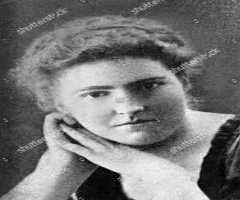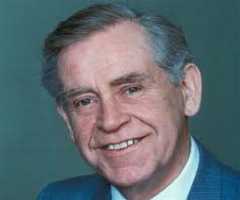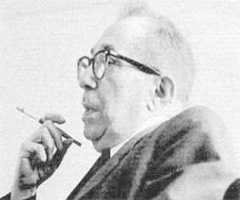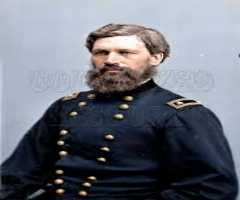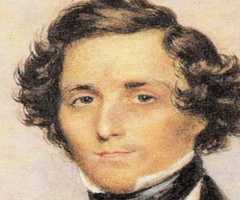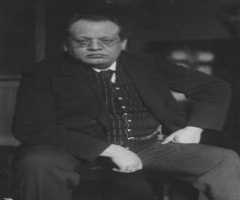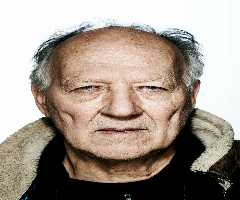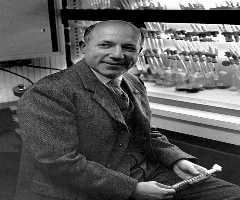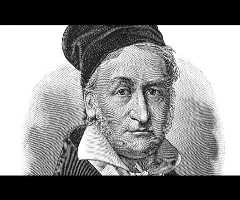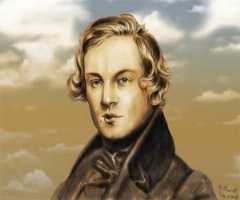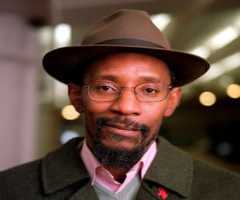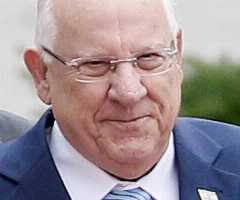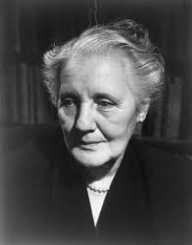
Also Known For : Psychiatrist, Journalist
Birth Place : Blankenese, Hamburg, Germany
Died On : December 4, 1952
Zodiac Sign : Virgo
Karen Horney Biography, Life, Interesting Facts
Karen Horney was a German psychologist who majored in the field of mental and emotional psychoanalytic evaluation.
Early Life
Karen Horney was born as Karen Danielsen in Hamburg Germany on September 16, 1885. She had a tumultuous childhood. She was teased for being ugly by most of her friends. Determined, she decided to counter their insults through books. Horney became extremely ambitions in her studies. She resolved to gain higher education at all costs, to prove herself brighter than the rest. Horney lost her mother in 1911. She again lost her only brother in 1923. The two deaths had a compounded grief on her life. She decided to help other people cope with mental and emotional pain.
She enrolled to study medicine at Freiburg University in 1906. She later transferred to Gottingen and eventually graduated from the University of Berlin in 1911. She majored in the medical line of psychoanalysis. In her class, she studied together with Karl Abraham. Abraham was a student of the renowned German psychiatrist Sigmund Freud. She practiced medicine while researching with Abraham in local hospitals in Berlin. She also taught as an invitee at the Berlin Psychological Institute.
Family
Karen Horney got married while still a student at the university. She married Oskar Horney, a law student in 1909. The family separated in 1926. In 1930, she immigrated to the US with the children. The couple later divorced in 1937. She had three girls with Oskar.
Career
Karen Horney made her successful career from the stressful life she experienced. She went into depression several times. At times she became suicidal and engaged in sexual affairs with other men.
In the US, she settled in New York. She got hired at the New York School for Social Research. During that time, Horney became involved with the New York Psychoanalytic Institute. While helping others and researching, Horney came up with personality theories about human social behavior.
She founded the American Institute of Psychoanalysis in 1941. She gradually opposed the earlier accepted theories of Sigmund Freud on psychopathy. She raised concerns over the sexuality of the women in relation to the men. She argued that women libido was directly attached to their psychopathic emotions.
Karen Horney also discovered that women became more attached to their offspring than men. She argued that men had a little party to participate in the creation of their babies. She noticed that children formed part of their future personalities while in the womb.
On the development of feminism, Karen Horney argued that human society was overly patriarchal. Women were sidelined to be dependent objects to the men for their survival. This, in turn, diminished all efforts to understand the emotional; and sexuality of the women in the society. Horney parted ways with Freud on the sexual development of a girl. Feud initially suggested that women became envious of the male reproductive organs when they discovered their sexuality. Freud maintained that men were superior since women envied the penis. Horney, on the other hand, argued that the womb was an essential organ in human formation since it holds the creation part for nine months.
Neurosis Theory
In her theory, Karen Horney discovered that most personality disorders or neurosis were directly linked to external stimuli. She pointed out that complications came in as a gradual long term process. Some of the standard external stimuli for the neurosis triggers were bad childhood experiences like bullying or abuse, the death of a close person, loss of income, and divorce.
She profiled ten needs in the process of coping with neurosis. Horney classified the requirements into three categories namely Compliance, Aggression, and Withdrawal. In the first category, she placed three needs, the need for affection, a partner and need for power to control things.
In aggression, she placed the need to exploit others, for social reconciliation, personal admiration, personal achievement, and the need for self-sufficiency.
In withdrawal, she noticed the need to be or make other perfect and the need to restrict others inconspicuously.
All the needs were intertwined. If a person lacked the segment of compliance, they moved to aggression. If they failed in satisfying their needs in aggression, they withdrew from society and became suicidal or mentally disturbed.
Publications
Karen Horney published a host of journals on the issues of psychoanalysis. Some of her notable publications were Our Inner Conflicts published in 1945, the 1950 publication Neurosis and Human Growth, and the posthumous publication Feminine Psychology published in 1967.
Legacy
Karen Horney died on December 14, 1952, in her New York home aged 67. Three years after her death, the Karen Horney Foundation was transformed into the Karen Horney Clinic. The clinic treats people with neurosis disorders and other personality issues.

